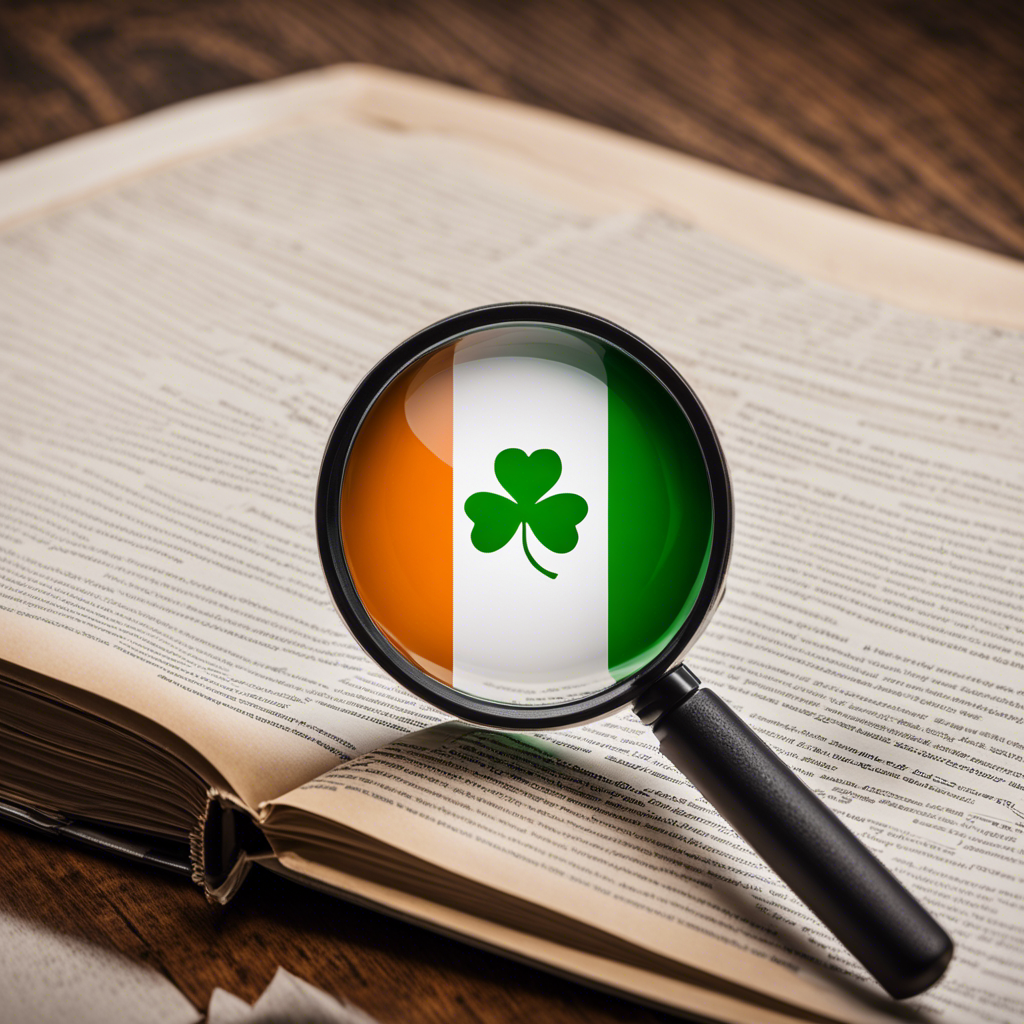Thomas Leahy, a scholar from Cardiff University, holds a unique standpoint contrary to many of his academic peers. He argues that the British intelligence services did not dominate the IRA, nor did they hugely impact the republican strategy. In Leahy’s view, the Troubles ended in a deadlock, and the movement of the IRA and Sinn Féin away from violent methods was mostly due to the lack of support from the Irish public.
Looking ahead to the upcoming Friday report from Operation Kenova, a seven-year-long police review of the actions of Freddie Scappaticci, the internal enforcer of the IRA and British spy, also known as Stakeknife. It is already evident that the operation will not result in any prosecutions concerning the clandestine activities of the intelligence services – whether that be IRA informants still involved in murders and torture, or those within British intelligence, particularly MI5, and the British military groups such as the Force Research Unit and the Military Reaction Force, known for their drive-by killings in the 1970s.
Nevertheless, Leahy expresses optimism about the investigation headed by Jon Boutcher, who now serves as the chief constable of Northern Ireland’s Police Service (PSNI). Thanks to its access to intelligence data held by MI5 and the British Army, Leahy believes the inquiry may “break new ground”. However, he has reservations about the detailed analysis of Freddie Scappaticci’s role, commonly known as Agent Stakeknife, in individual assassinations.
Scappaticci is commonly praised for thwarting various significant IRA operations, especially in Belfast. Yet, Leahy advises caution, stating that while Agent Stakeknife indeed had a significant influence, suggesting that he was an all-knowing informant is an overstatement. Leahy, author of the 2020 publication ‘The Intelligence War against the IRA’ which debates if informers and British intelligence steered the IRA towards a peace process, refutes this claim.
During the 1990s, the Irish Republican Army (IRA) reinitiated its actions in Belfast, marking a return with the bombing of the Grand Opera House and Donegall Pass. This period commenced post the end of Scappaticci’s tenure in the notorious and ruthless Internal Security Unit of the IRA, more infamously identified as the nutting squad, during the late 1980s. Scappaticci’s association with the IRA ended amidst suspicions of him being an informant, a belief held by several members much before his actual exposure.
It was a known fact among police circles that a superior IRA informant, Stakeknife, existed three years prior to his exposure. Kenova, an investigation unit, while it will shed light on this clandestine warfare, is not expected to attribute blame to individuals in British agencies as pointed out by Leahy. This is corroborated by the decision of the Public Prosecutions in Northern Ireland that no legal actions can be initiated due to insufficient evidence.
Infiltrating the IRA, which was more firmly rooted in rural sectors like South Armagh, proved to be more challenging due to its solid local affiliations. Leahy referred to these as “fiefdoms”, reiterating Eamon Collins’ description – Collins was a late volunteer for the IRA and a former member of the paramilitary group’s internal security unit.
The guerrilla warfare cell structure adopted by the IRA posed difficulties for informants to gather intelligence beyond their close circles. Any leaked information was easier to track back since only a limited number of individuals were involved.
Leahy noted that post the mid-1970s, it became evident that the narratives propagated by the IRA’s leadership were misleading. Leaders encouraged continued survival of the IRA campaign while simultaneously increasing the Sinn Féin vote in an attempt to bring the British government to the negotiating table. They harboured hopes that a substantial vote would lead to their gaining leverage in the form of concessions.
While Kenova may fade without legal actions to keep it alive, Leahy raises concerns that the British government’s legacy legislations, which provide conditional pardons to those involved in the Troubles’ hostility, could lead to future complications. These concerns are not unfounded given the decision of the Irish Government to oppose the legislation at the European Court of Human Rights.
If the Labour Party is successful in the upcoming UK general election, they’ll face dilemmas on charting the course ahead. Should the proposed amnesty go into effect in May, as planned by the Conservatives, Labour will be confronted with an issue. It is not an easy proposition to revoke an amnesty once given, as it opens up a legal can of worms when a newly elected administration overturns it, Leahy explained.
The legacy amnesty has always been a political manoeuvre by the Conservatives, appealing to the veteran populace. However, Leahy affirms that many of the ex-military and police personnel he has talked to over time do not want an amnesty. They convey that it equates them with the IRA and prefer to see criminals face the consequences.
Moreover, there’s little question about the overlooked, if not encouraged, actions during The Troubles, with offences being let off the hook, if not directly commanded. Intelligence files from 2012 reveal Margaret Thatcher received advice from “quite senior” intelligence officials.
“Thatcher essentially responded with ‘It’s none of my business. Do what you have to do. I don’t need to be involved’,” Leahy remarked.
He further criticised the Home Office guidelines for handling informants, stating they were completely insufficient for managing situations like in Northern Ireland, let alone infiltrating Greenpeace.
“There’s no proper government oversight. This is an example of what occurs,” he added.
Stay updated with our Inside Politics Podcast for the most recent discussions and analyses. Subscribe to receive alerts and get the top news, analysis, and comments directly to your mobile. Follow The Irish Times on WhatsApp to keep current.

